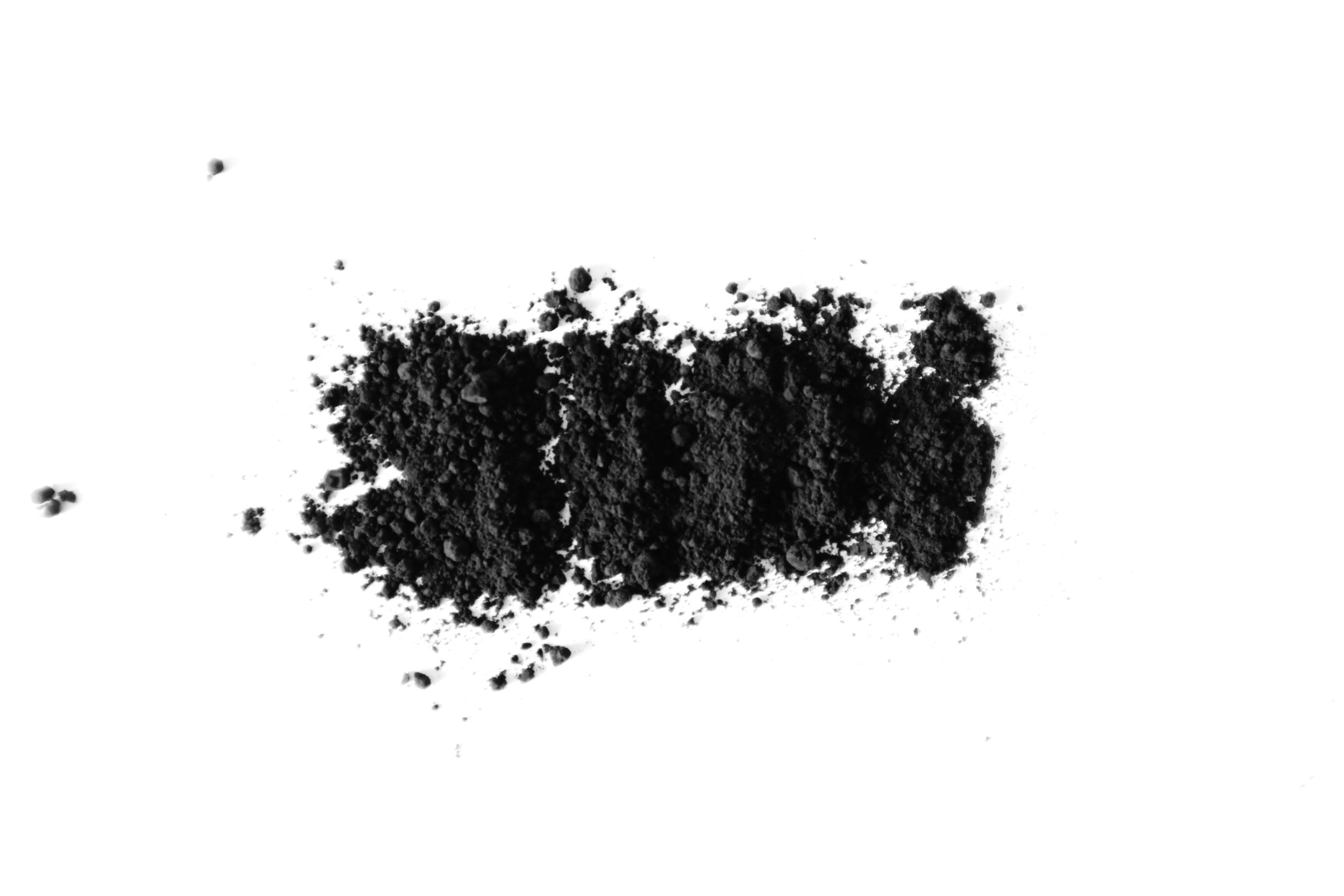
Biochar
TECHNOLOGY
Biochar is produced through biomass pyrolysis in the absence of oxygen, transforming organic material such as agricultural waste and forestry byproducts into stable carbon. This sustainable process converts waste into a valuable resource and averts the release of carbon dioxide into the atmosphere. Biochar is Integrated into waste management systems and agricultural practices to foster environmental sustainability and resilience, and productive ecosystems.
BENEFITS
-
Biochar sequesters carbon in the soil for up to and more than 100 years.
It acts as a long-term carbon sink thus effectively reducing GHG emissions.
-
The use of biochar improves soil structure, water retention and fertility.
This leads to increased crop yields, and resilience against drought and erosion.
-
Biochar offers a sustainable solution for the management of organic waste, by diverting it from landfills thus reducing methane emissions.
-
Biochar improves the ecosystem stability.
By carbon sequestration and soil improvement, biochar helps to mitigate adverse effects of climate change on agriculture and water resources.
-
Renewable fuels such as pyrolysis oil and syngas can be produced during production of biochar, contributing to the transition to clean energy sources.
-
Biochar can be used for non-soil applications such as biochar-amended asphalt, and building material such as cement. Biochar also shows potential as replacement for coking coal in pyrometallurgical processes.
This offers additional environmental and economic benefits.
-
The carbon sequestration properties of biochar can be utilised in the generation of carbon credits.
Biochar locks away carbon for extended periods and through this process can contribute to reducing greenhouse gas emissions. The reduction is achieved by preventing the release of carbon dioxide that would occur if the biomass was left to decompose or burned. The avoided emissions are quantified and verified, and carbon credits can be generated based on the amount of carbon dioxide equivalent emissions avoided. These carbon credits can be sold on carbon markets or used to offset GHG emissions.
HOW IT WORKS
Biochar production involves the conversion of biomass, such as agricultural residues or forestry by-products, into a stable form of carbon through pyrolysis. This process occurs in specialized kilns or reactors, where organic material is thermally decomposed at high temperatures (400-800°C) in the absence of oxygen. As a result, a substantial portion of the carbon in the biomass is stabilised and stored in the biochar, effectively sequestering it from the atmosphere for extended periods. Biochar finds applications in both soil and non-soil applications, offering a sustainable solution for carbon sequestration and contributing to climate change mitigation efforts.
INTERESTING FACTS
Research has shown biochar can improve water retention in soil by up to 30%, reducing irrigation needs.
30%
Research has shown that applying biochar to soil can increase agricultural yields by up to 100%.
100%
Biochar can be utilized in plantations as an alternative to fertilizers.
Biochar can be utilized in local gardening to enhance plant growth.
Want to embark on environmental stewardship with biochar?
Discover the diverse benefits of biochar. Enhance soil health, divert organic waste, and capture carbon sustainably. Contact us now to learn more.


